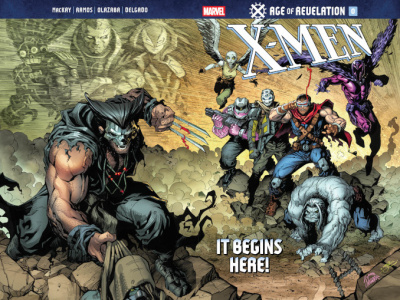
MacMillan and the Penguin Group, two of five publishers named along with Apple in an antitrust action brought by the Justice Department over e-book price fixing, have filed responses to the DOJ’s suit arguing that Amazon is the real “monopolist” and indicating an apparent willingness to contest the matter in court. Three of the five publishers named by the DOJ have already settled (see “DOJ Files Antitrust Suit in E-Book Pricing Case”), though they denied antitrust law violations.
Penguin’s response to the DOJ’s suit claims that the government’s complaint that the five published conspired with Apple to raise e-book prices “is based entirely on circumstantial evidence.” The DOJ’s complaint arises from a decision by the publishers and Apple to switch from the traditional “wholesale” model to an “agency” model, which allowed the publishers, rather than the digital readers to set e-book prices (see “Multiple Investigations of E-Book Pricing”). Bolstering the government’s case was the simple fact that changes instituted by the five publishers resulted in higher prices for many e-books, which in turn resulted in consumers paying millions of dollars more for e-books.
But publishers like Penguin see the DOJ’s single-minded emphasis on pricing as missing the point. From the publishers’ point of view it is Amazon that is engaging in monopolistic and predatory behavior and that if left unchecked, Amazon will be able to dominate the e-book market. The change to “agency” pricing did in fact reduce Amazon’s share of e-book sales, a fact that bolsters the publishers’ contentions.
In its response, Penguin argues that Apple’s entry to the e-book market was a plus for competition and that Amazon’s predatory pricing created a “barrier to entry” and was inherently anti-competitive. The Penguin complaint contends that its decision to go with the agency model was all about fostering more competition in the e-book arena: “A vertical distribution agreement is presumptively pro-competitive. New entry is presumptively pro-competitive. Broader distribution is presumptively pro-competitive. Lower barriers to entry are presumptively pro-competitive. Yet the Government intentionally ignores these facts with regards to Penguin’s decision to market its e-books through Apple and instead sides with a monopolist.”
In its response MacMillan argues in a similar fashion claiming that it adopted the “agency” model on its own because the previous “wholesale” model “led to Amazon’s monopolization of e-book distribution.”







